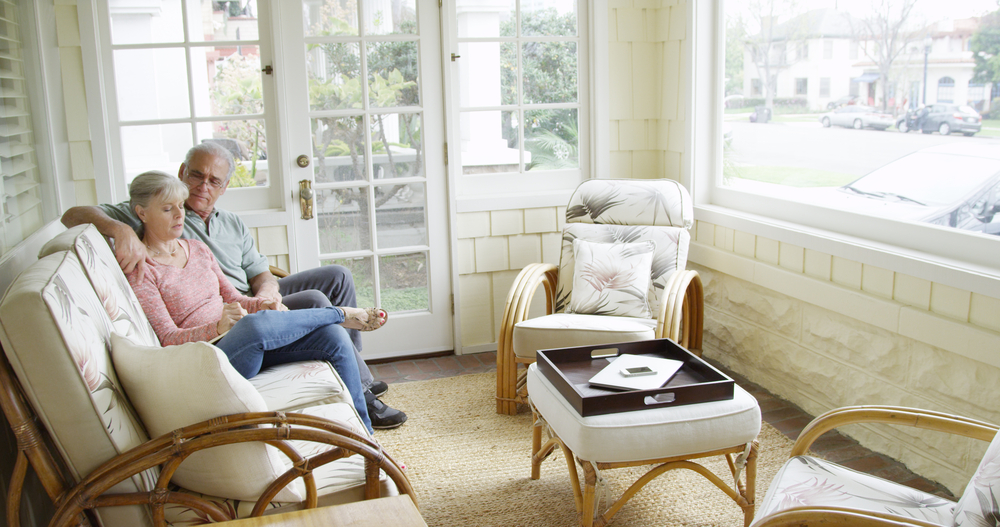Empty nest syndrome is a feeling of sadness or loss some parents experience when the last child leaves home. It doesn’t happen to all parents; in fact, some actually feel relieved or liberated when there are no more children at home. But for parents whose lives have revolved around their children, particularly if they are single parents or had only one child, becoming an empty nester can be deeply painful.
Symptoms and Complications of Empty Nest Syndrome
When your last child walks away and no longer seems to need you, it may result in intense feelings of grief and emptiness. You have a hard time feeling like you have a purpose in life and it may feel like the world just doesn’t make sense anymore.
If empty nest syndrome and the feelings it triggers aren’t faced and dealt with, you may end up with complications such as depression, alcoholism or overeating. Empty nesters may also find themselves feeling sad, lethargic, irritable, sleeping too much or not wanting to get out of bed at all.
Dealing With Empty Nest Syndrome
Dealing with empty nest syndrome requires the acceptance that your child is exactly where he or she is supposed to be in their journey of growing up. Your child still needs you, but now in a different way and his/her ability to mature and walk away means you have done a good job as a parent. Living apart doesn’t mean that you can’t still be close to your child. Make the effort to keep in touch through phone calls, texts or emails without suffocating your child.
Try to look at the positive changes that can occur in your life now that your child doesn’t need you as much. You now have the opportunity to pursue interests that you may have put on the back burner for a long time.
If you’re still having a hard time dealing with empty nest syndrome, talk to your doctor or a mental health professional. Even though you may feel very sad for a while, it’s possible to work through these feelings and recover from empty nest syndrome.
Resources:
“Empty Nest Syndrome–Tips for Coping” – Mayo Clinic
http://www.mayoclinic.org/healthy-lifestyle/adult-health/in-depth/empty-nest-syndrome/art-20047165








